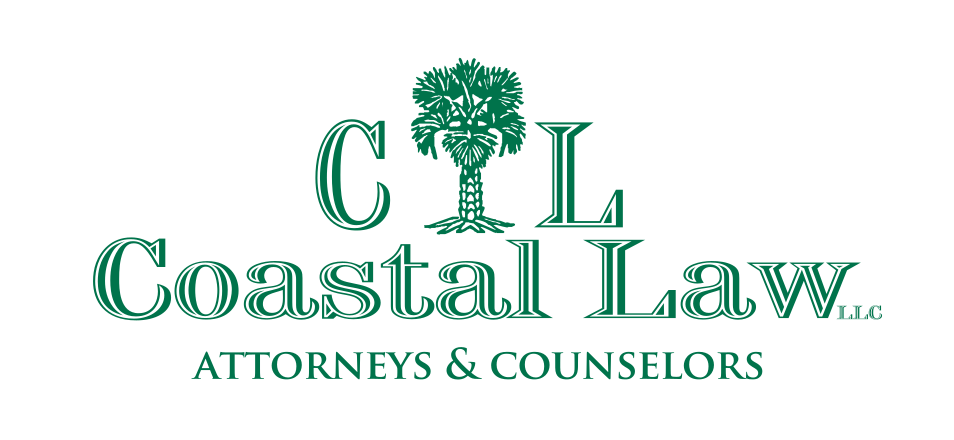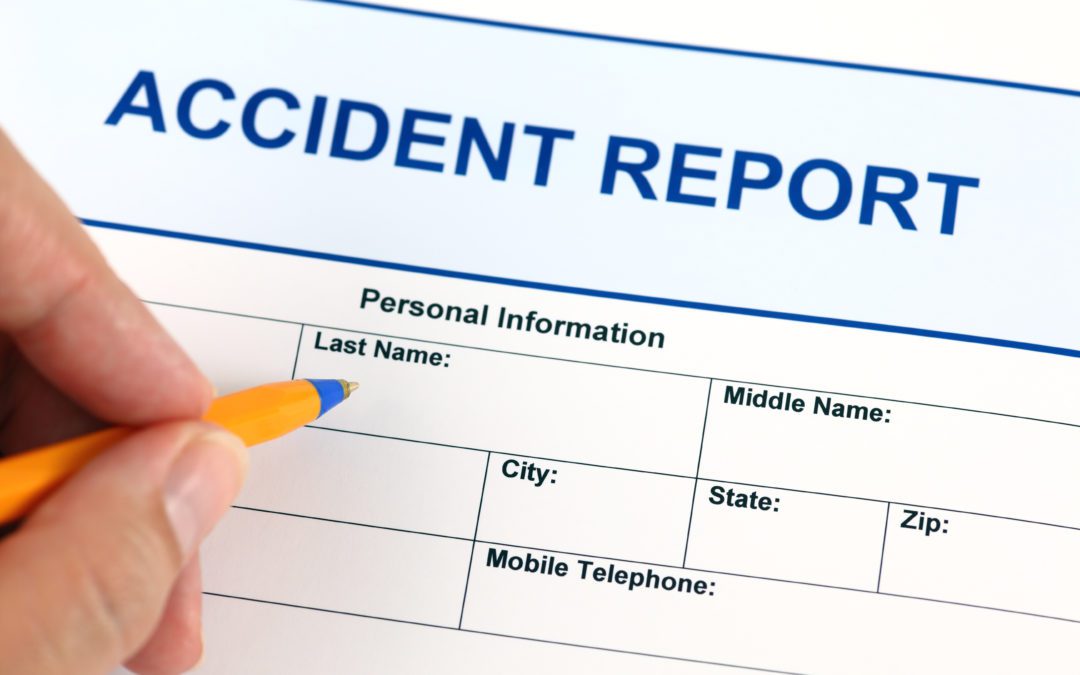Why is the accident report important after a car crash?
Your accident report is “official” documentation that 1) the accident happened and 2) the other driver was at fault. At the outset of your case, it may be the first piece of evidence that the insurance adjuster and attorneys use to determine what the case is about and whether liability is going to be an issue.
In this article, we will discuss the reasons why an accurate accident report is an important part of your personal injury case:
- If there is property damage or injuries, you are required to report the accident – the accident report documents that you complied with SC’s duty to give information and render aid,
- The officer’s observations, information collected from witnesses, and the diagram drawn by the officer will help to show negligence and causation, establishing liability for the other driver,
- Lawyers, insurance adjusters, and others may rely on the accident report for their initial determination as to what happened and who was at fault, and
- The responding officer will rely on the information contained in the accident report if they are called upon to give testimony at a hearing or trial in your case.
Why is the Accident Report Important?
When police respond to the scene of a crash, the responding officer will complete a report that includes information they collected including:
- Statements from the drivers,
- Statements from other witnesses,
- Driver’s license information,
- Insurance information,
- Contact information for the drivers and (hopefully) any witnesses, and
- A diagram showing the roadway, the vehicles, and how the accident happened.
The insurance company will attempt to deny your personal injury claim whenever they can, sometimes making outlandish claims about how an accident may have happened – the information contained in the accident report provides an “official” record of when, how, and why the accident happened that may be difficult for insurance adjusters or defense attorneys to dispute.
You are Required to Report the Accident
After most car crashes, you have a “duty to give information and render aid.” In most cases, this means that you should notify law enforcement, wait for them to arrive, and provide your information to them.
If you don’t, you could be charged with the crime of leaving the scene of an accident. The accident report filed by the responding officer is evidence that you complied with your responsibilities after the car crash, cooperated with law enforcement, and provided information and assistance as needed.
The Accident Report Shows Negligence and Causation
The responding officer’s investigation of the crash should include, at a minimum, statements and contact information for each of the drivers and witnesses, a statement about what the officer believes happened based on their investigation, and a diagram of the location of the vehicles in the roadway before and after the car crash.
This information can be critical when we present your case to an insurance adjuster and attempt to get them to pay you full and fair compensation for your injuries, and it can be a critical piece of evidence for the insurance adjuster when they are evaluating your property damage claim for the repair or replacement of your vehicle.
If the officer writes a traffic ticket to one driver for a violation that resulted in the car crash, or if the officer provides detailed information about how the accident happened including a diagram of the vehicles’ locations, it will make it more difficult for an insurance adjuster to deny your claim or argue about who was liable.
The Officer Will Rely on the Report During Testimony
An accident report is not usually admissible in court. Whether it is a hearing or a trial, the report contains:
1) Hearsay – the officer’s observations are hearsay unless the officer is testifying from the witness stand, and
2) “Double hearsay” – things that the drivers or witnesses told the officer are hearsay even if the officer is testifying. Each witness must testify as to their own personal observations.
Nevertheless, the accident report can be critical when the responding officer is called on to testify at a hearing or trial, because police officers don’t always remember the details of an auto accident that they responded to months or years ago – they will almost always rely on what they wrote in their report to “refresh their recollection” before testifying.
If the officer had accurate information when they wrote the report, their testimony will be reliable. If the officer did not have accurate information when they wrote the report, it may be difficult to prove that later in your case.
How Do You Get a Copy of the Accident Report in SC?
You should be able to get a copy of your accident from the SCDMV by ordering it through their website or by filling out a “Request for Collision Report, SCDMV Form FR-50,” and requesting the accident report by mail or in person at a SCDMV office – the report currently costs $6.
The responding officer may give you some documents at the scene of the crash that contain the names and information for each driver and their vehicle and their insurance information – this is not the official accident report, however.
Bring all documents with you to your first meeting with your attorney. If you have not gotten a copy of your accident report before your first consultation with your car crash attorney at Coastal Law, we will get a copy for you.
Car Crash Lawyers in Myrtle Beach, SC
The Myrtle Beach car crash lawyers at Coastal Law will help you to demand full and fair compensation to settle your auto accident claim, which includes economic damages, non-economic damages, and, in some cases, punitive damages.
Ready to speak with a personal injury attorney? Contact Coastal Law to discuss your case. Call us now at 843-488-5000 for a free consultation or use our online form.


